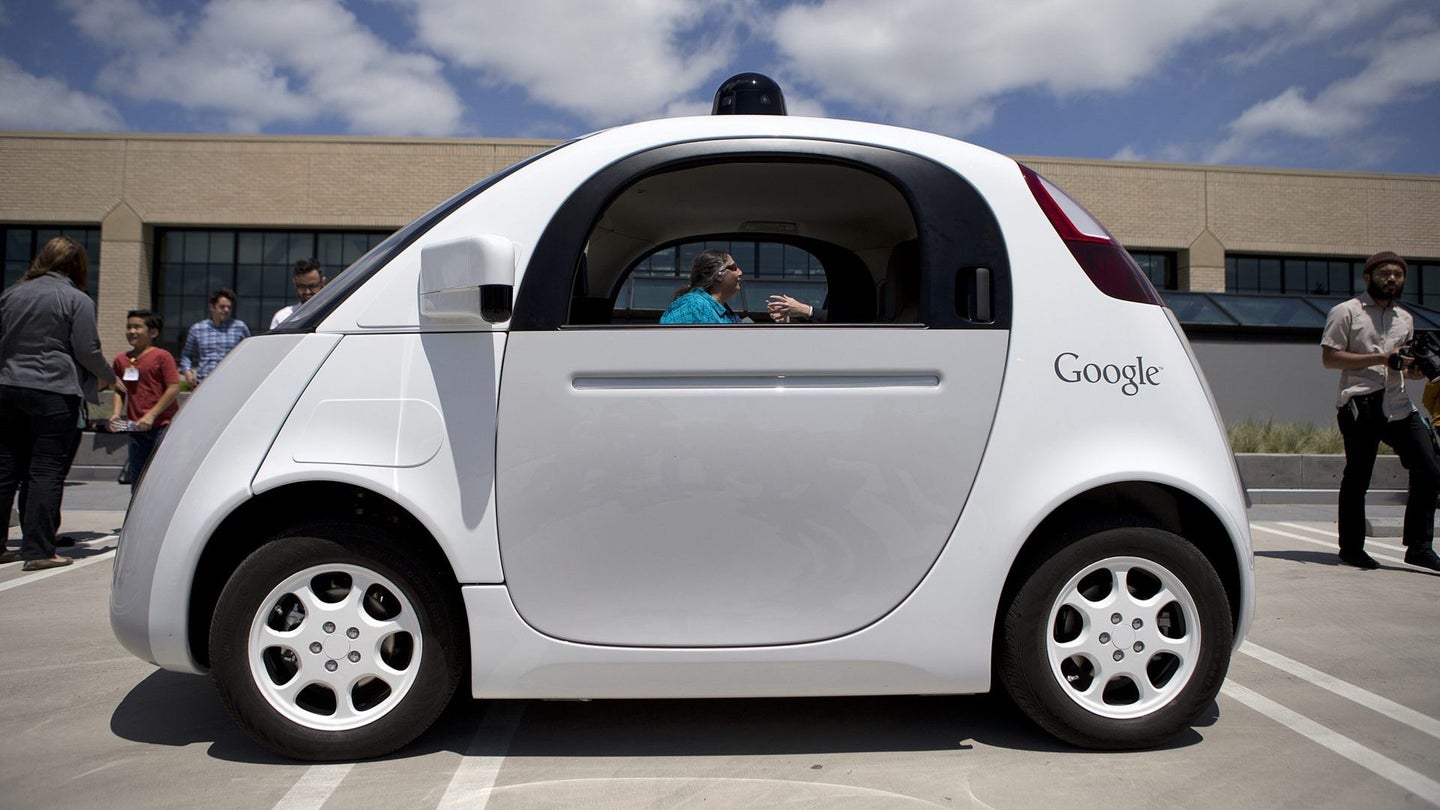GM Backing Bills That Could Block Uber, Waymo from Testing Self-Driving Cars
General Motors says the bills protect public safety by restricting self-driving car testing to automotive manufacturers. Competitors disagree.

Despite its push for a federal framework of autonomous vehicle testing laws, General Motors is still working with states to draft rules governing which companies should be legally allowed to test self-driving cars on public roads. And the carmaker is in favor of potential laws that could keep any company that doesn't build automobiles from being able to test autonomous vehicles in the wild.
SAVE Act limits companies testing autonomous vehicles
Several states are considering copying Michigan's SAVE Act, legislation that would allow car manufacturers to test autonomous technology in the state using fleets of on-demand, self-driving cars. GM is a proponent of the SAVE Act, and provided help drafting the language of Michigan's bill last year.
However, other companies feel that the manufacturer may be angling to push them out of competition. Uber and Waymo are also developing autonomous vehicle operating systems to support on-demand ride hailing, but do not manufacture their own vehicles. With input from Waymo, Michigan lawmakers modified the bills' language to allow non-manufacturer companies to test AV technology as long as they partnered with a manufacturer.
Waymo partnered with Chrysler to test its autonomous platform in Michigan. GM, meanwhile, is an investor in Lyft and is testing autonomous ride-hailing applications in California.
Other states may enact similar bills
Despite Michigan's loosened regulations that passed last year, Georgia, Illinois, Maryland, and Tennessee are currently considering enacting bills based on the original SAVE Act language—which would limit testing to manufacturers.
The Self-Driving Coalition, which represents Ford, Volvo, Waymo, Uber, and Lyft and advocates for autonomous vehicles, issued a statement on its Web site opposing the SAVE Act:
“We do not support state bills currently under consideration in many states, including Georgia, Tennessee, Illinois and Maryland, which would favor one company, create an uneven playing field and deter life-saving innovations from reaching citizens in these states, by precluding or severely limiting technology companies from testing or deploying fully autonomous vehicles.”
GM says bill protects the public
However, GM supports the SAVE Act, arguing that it ensures companies are capable of protecting the public during tests of this still-experimental technology. GM spokesperson Harry Lightsey told the Nashville Business Journal, "There are provisions intended to make sure the people who participate in this have the background and the ability to protect the public safety. This is a key automobile technology that is being developed for safety, and [making safe cars] is what we’ve been doing for 50 years.”
The Drive reached out to GM and the Self-Driving Coalition for Safer Streets for comment, but did not hear back as of publication.
